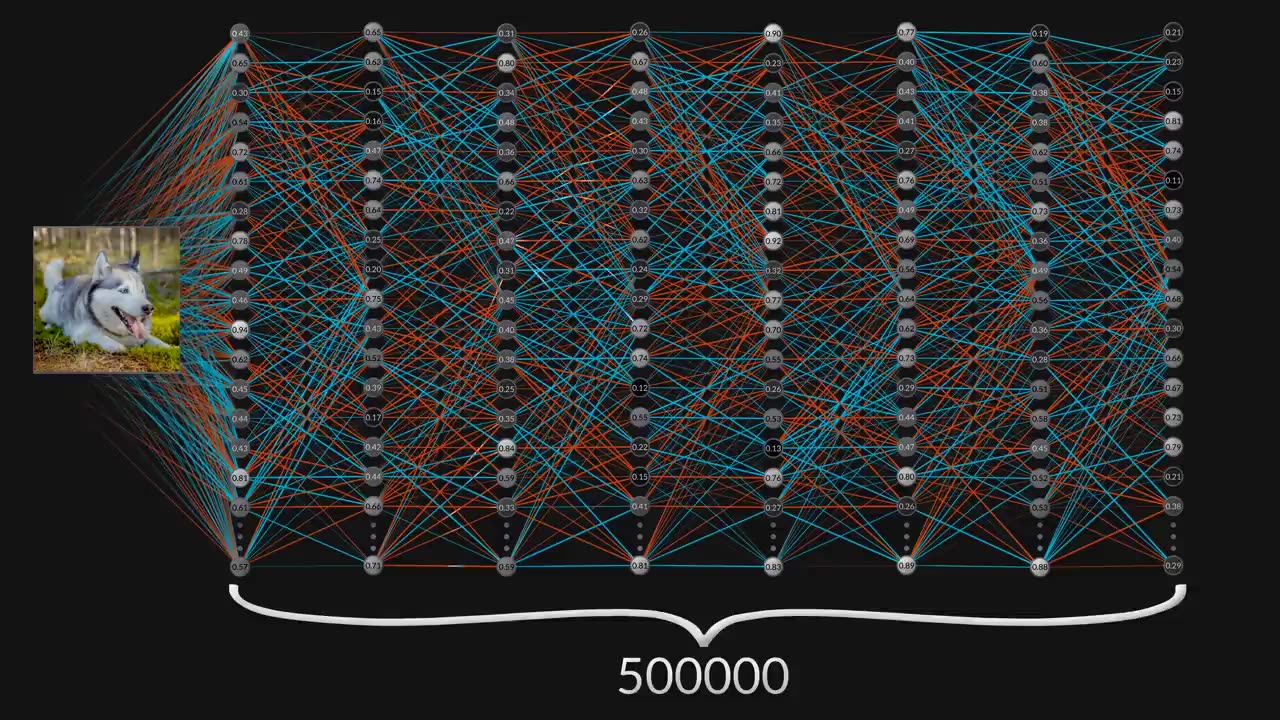Premium Only Content

Future Computers Will Be Radically Different (Analog Computing)
The landscape of computing is indeed ever-evolving, and while digital computing has dominated the technological landscape for decades, there's ongoing research and exploration into alternative computing paradigms, including analog computing.
Analog computing, which was more prevalent in the early days of computing, operates on continuous signals rather than discrete values as in digital computing. While digital computing excels at precise calculations and manipulation of discrete data, analog computing can offer advantages in certain types of computations, particularly those involving continuous variables or complex physical phenomena.
Here are a few potential ways in which analog computing could influence the future of computing:
Efficiency: Analog computing can potentially offer higher energy efficiency and faster processing for certain tasks compared to digital computing. Since analog systems operate on continuous signals, they can sometimes perform computations more naturally for tasks such as simulations, optimization, and machine learning.
Neuromorphic Computing: Analog computing architectures show promise in mimicking the behavior of biological neural networks. Neuromorphic computing aims to replicate the brain's neural structure and functionality, which could lead to more efficient and adaptive computing systems for tasks like pattern recognition and decision-making.
Quantum Analog Computing: Analog principles can also be integrated into quantum computing, where continuous variables and analog-like behavior are utilized to perform computations with quantum states. Quantum analog computing could offer advantages in solving optimization problems and simulating quantum systems.
Hybrid Systems: Future computing systems may integrate both analog and digital components, leveraging the strengths of each paradigm for different types of computations. This could lead to more versatile and powerful computing platforms capable of handling a wider range of tasks efficiently.
Domain-Specific Applications: Analog computing may find niche applications in domains such as signal processing, control systems, and scientific simulations, where continuous representations of data are inherently more suitable.
Despite these potential advantages, analog computing also faces significant challenges, including issues related to precision, scalability, and compatibility with existing digital infrastructure. Additionally, the widespread adoption of analog computing would require significant advancements in hardware design, software development, and system integration.
While digital computing remains dominant for now, ongoing research and technological advancements may eventually pave the way for a resurgence of analog computing and other alternative computing paradigms in the future. As computing needs continue to evolve, exploring diverse approaches to computation will likely play a crucial role in shaping the future of technology.
-
 LIVE
LIVE
Timcast
1 hour ago🚨BREAKING: ANTI ICE Terror Attack In Dallas, 2 Dead, Several Injured | Tim Pool
39,370 watching -
 LIVE
LIVE
Dr Disrespect
1 hour ago🔴LIVE - DR DISRESPECT - WHAT THE HELL IS THIS GAME?
1,277 watching -
 UPCOMING
UPCOMING
Sean Unpaved
36 minutes agoFootball Fire: Lions' Defense Halts Ravens, Giants Pivot to Dart, OU Grapples with Mateer's Surgery
3 -
 LIVE
LIVE
Steven Crowder
3 hours ago🔴 Breaking: ICE Facility Shot in Dallas - Another Left-Wing Attack?
32,348 watching -
 UPCOMING
UPCOMING
Mark Kaye
1 hour ago🔴 Jimmy Kimmel ROASTED For Fake Tears During Late Night Return
180 -
 UPCOMING
UPCOMING
Rebel News
36 minutes agoLIVE | Fire at ostrich farm, RCMP & CFIA siege property, Rebels on the ground | Buffalo Roundtable
49 -
 1:02:08
1:02:08
The Rubin Report
2 hours agoCharlie Kirk’s Murder Has Officially Backfired
26.4K20 -
 UPCOMING
UPCOMING
The Drew Allen Show on DailyClout
53 minutes ago"What the Kimmel Saga Has Taught Us About the Left"
20 -
 LIVE
LIVE
LFA TV
13 hours agoBREAKING NEWS: SHOOTER IN DALLAS! | WEDNESDAY 9/24/25
4,380 watching -
 1:00:09
1:00:09
VINCE
4 hours agoThe Globalists SABOTAGE Trump At The U.N.? | Episode 132 - 09/24/25
207K165